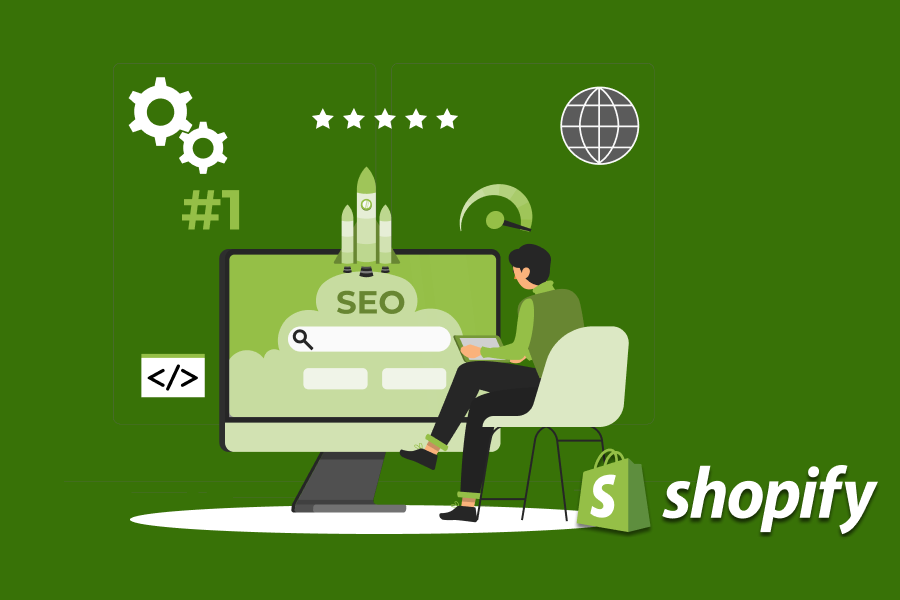Without adopting technology in various forms, it is near impossible to make progress, both on an individual and organizational level, nowadays. Companies hailing from diverse industries and sectors are embracing digital technology like never before. The healthcare sector entities are no exceptions. It is not just about offering online diagnostic and medical consultation or utilizing social media platforms. The healthcare sector is experimenting with the adoption of AI-in a big way. Artificial intelligence has taken the world by storm, and the evolving technology has the potential to transform the working mechanism and efficiency of the healthcare segment.
Why does incorporating AI in the healthcare sector make sense?
As it is, the healthcare sector is no stranger to the adoption of digital technologies. The majority of clinics and hospitals have an online presence, and thousands of doctors and clinical consultants offer online services nowadays. The number of healthcare-related apps is growing with time, too. However, the reality is there is room for more improvements, and using AI can be useful in this regard. The healthcare sector deals with a massive amount of data, and proper utilization of that data can be beneficial for all the parties involved. It is where the deployment of AI can be beneficial.
The ways AI can help improve things in the Healthcare sector
- Smart chatbots/virtual assistants– Many companies are already using chatbots and a few players in the healthcare sector. These pre-programmed chatbots or virtual assistants interact with customers online- reducing the load on human support staff of clinics and hospitals. These chatbots are programmed to answer common consumer queries. However, this is just the beginning. By utilizing AI technology, more advanced chatbots will develop in the coming years. Analyzing a massive amount of user data and using predictive analysis will be a part of it. The customer care staff and the customers will get the benefit in the long run.
- Automation of regular services: In any clinical setup, regardless of size, certain tasks have to be performed regularly. By using AI tech, you can automate most of these essential but repetitive tasks. This ensures the clinic staff and doctors can focus on more important tasks, and these tasks are accomplished as per schedule, without flaw. Examples include data backup, patient database updating, generation of pay slips, placing an order for daily consumable materials etc.
- Supply chain Management– The healthcare sector entities often rely on third-party vendors and suppliers for various materials like surgical apparatus, medication, disinfectants etc. They also need services like electricity, internet connectivity, food and beverages etc. By deploying AI tech, supply chain management can be optimized and automated. So, placing repeat orders will not need human intervention, and any anomaly in logistics can be detected and reported without delay.
- Enhanced workflow: By deploying AI technology, workflow in the clinical setups can be enhanced significantly, say the analysts. The sync between various departments is improved by AI deployment. The staff and doctors get updates on various operational issues. The staff can access patient data instantly anytime, and the same you may share with the doctors and patients. The process speeds up workflow in clinical setups, and accuracy of operation is enhanced.
- Reduction of running cost: The healthcare setups can reduce their running cost significantly by deploying AI strategically. AI deployment reduces dependence on human staff for regular tasks. So, these setups can keep fewer staff members yet get the desired level of productivity. AI tech is useful in detecting device malfunction issues at an early stage. So, the staff and doctors in clinical setups get updates on device snags, and it’s easy to take prompt intervention. It also helps in cost reduction eventually.
- Reduced stress and better relationships: In healthcare setups, the staff and patients deal with a lot of stress, for sure. The staff and doctors have workloads and deadlines to meet. The health complications, emergency developments, and pressure to be mindful about various operational nuances can wreak havoc on their nerves. When AI is deployed in these setups, both the staff and doctors need not look after such repetitive tasks. The doctors can focus better on their core tasks- diagnosing and treating the patients. The staff deal with reduced paperwork, and they need to manage fewer things. The overall stress is reduced, and the work atmosphere improves.
- Lower risk of errors– The staff and medical professionals in clinical setups are, after all, humans. Even after years of practice and forming habits, they may make occasional mistakes. It can be unintentional, but such mistakes often lead to complications, and unpleasant incidents can take place after that. Administering unsuitable medicine or accidental overdosing can have far-reaching consequences. When AI is deployed, the risk of operational errors is almost neutralized.
- Better data management: In any clinical setup, the doctors and staff need to deal with a huge amount of data. The amount of data keeps on growing with time. New patients are admitted, and treated and old patients revisit for check-ups or follow-up procedures. Even if the data is stored digitally, getting it managed by staff can be tedious by using AI, it’s easy to simplify medical data management. So, the doctors can access vital medical information of the patients anytime, and the patients can also access the required data for making insurance claims without hassles.
The evolution and hurdles
While AI deployment can be beneficial for the healthcare sector, it is not like walking on a rose laden way! The fact is, it is a fast-developing technology. So, reaching a stage of maturity where a globally accepted medical standard for AI usage is developed is still some time away. A section of the medical community is still skeptical about deploying AI on a large scale. Not every staff and doctor in these setups is tech-savvy yet, and the same can be said about the patients!
Wrapping up
AI is a futuristic technology, and its journey has started. With time, it will be embraced by the healthcare sector in more intensive ways. While deploying AI, aspects like medical ethics and the safety of data have to be taken care of. You may plan the migration to AI carefully for achieving the desired results.

 Web and Full Stack
Web and Full Stack CMS and Frameworks
CMS and Frameworks Online Marketing
Online Marketing Cloud Services
Cloud Services ECommerce
ECommerce Mobile
Mobile



